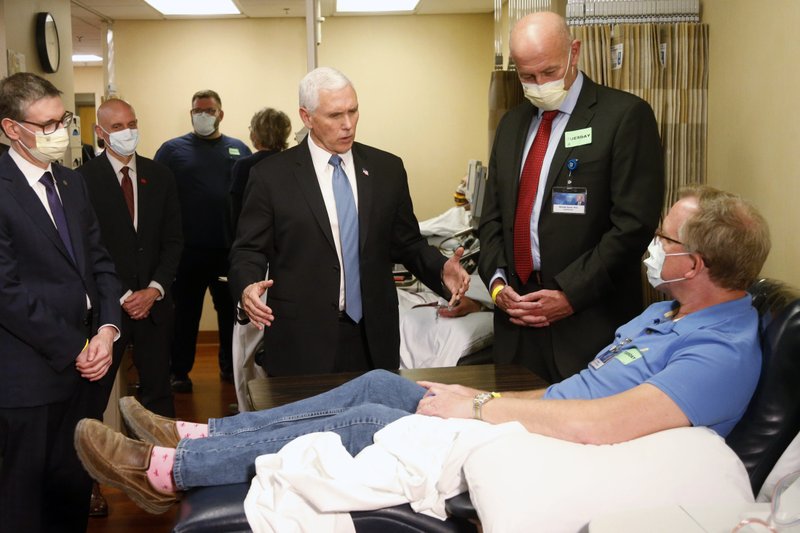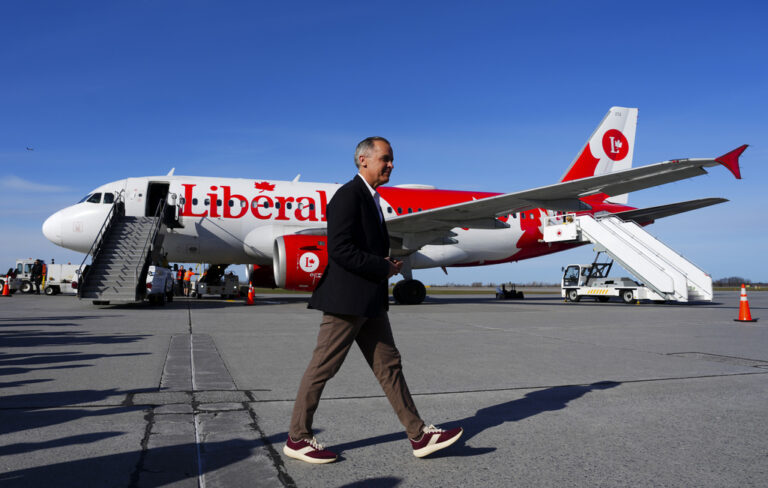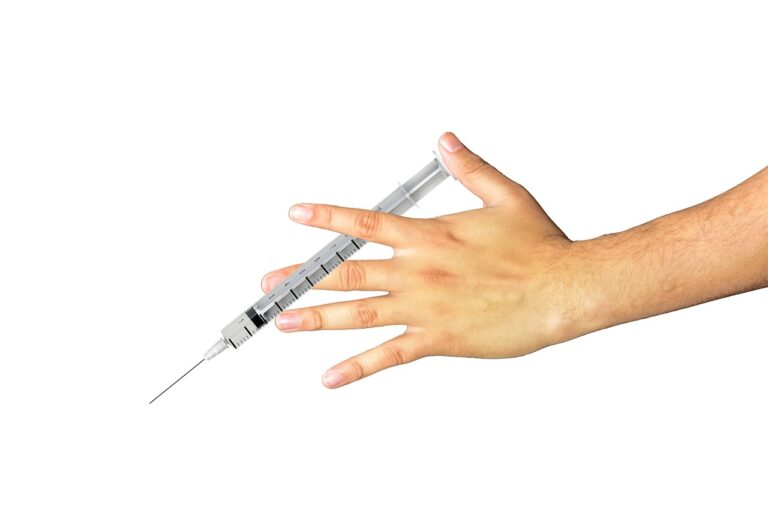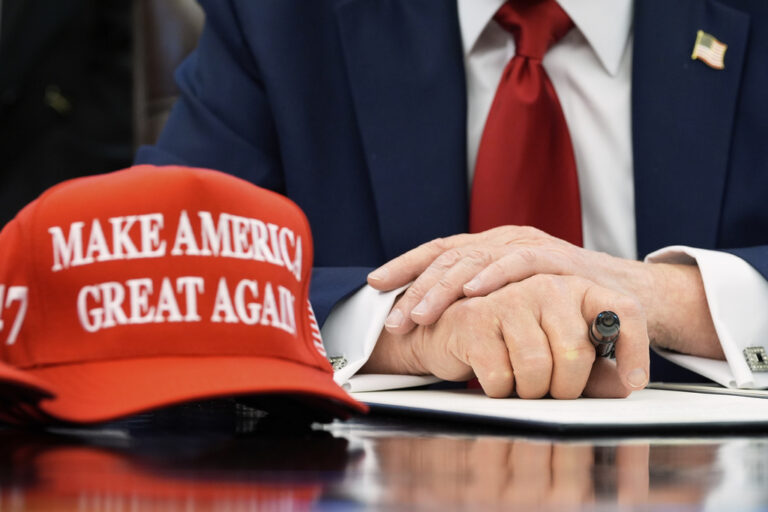The decision to wear a mask in public is becoming a political statement — a moment to pick sides in a brewing culture war over containing the coronavirus.
While not yet as loaded as a “Make America Great Again” hat, the mask is increasingly a visual shorthand for the debate pitting those willing to follow health officials’ guidance and cover their faces against those who feel it violates their freedom or buys into a threat they think is overblown.
That resistance is fueled by some of the same people who object to other virus restrictions. The push back has been stoked by President Donald Trump — he didn’t wear a mask during an appearance at a facility making them — and some other Republicans, who have flouted rules and questioned the value of masks. It’s a development that has worried experts as Americans are increasingly returning to public spaces.
“There’s such a strong culture of individualism that, even if it’s going to help protect them, people don’t want the government telling them what to do,” said Linsey Marr, a Virginia Tech engineering professor with experience in airborne transmission of viruses.
Inconclusive science and shifting federal guidance have muddied the political debate. Health officials initially said wearing masks was unnecessary, especially amid a shortage of protective materials. But last month, the Centers for Disease Control and Prevention began recommending wearing cloth masks in crowded public situations to prevent transmitting the virus.
Whether Americans are embracing the change may depend on their political party. While most other protective measures like social distancing get broad bipartisan support, Democrats are more likely than Republicans to say they’re wearing a mask when leaving home, 76% to 59%, according to a recent poll by The Associated Press-NORC Center for Public Affairs Research.
The split is clear across several demographics that lean Democratic. People with college degrees are more likely than those without to wear masks when leaving home, 78% to 63%. African Americans are more likely than either white people or Hispanic Americans to say they’re wearing masks outside the home, 83% to 64% and 67%, respectively.
The notable exception is among older people, a group particularly vulnerable to serious illness from the virus. Some 79% of those age 60 and over were doing so compared with 63% of those younger.
(AP)











